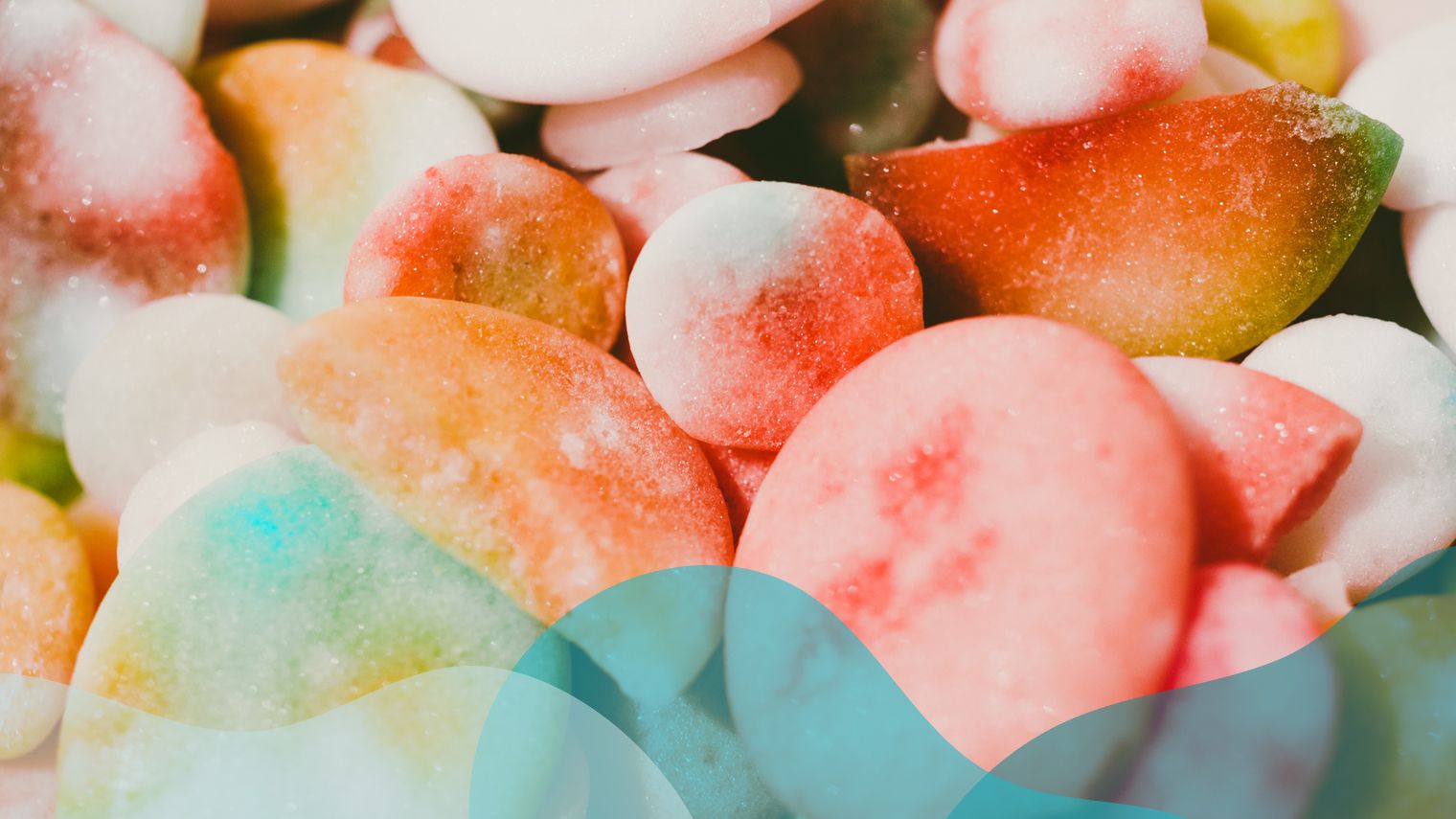What to Know About Sugar and Migraine This Holiday Season
November 13, 2022
Content created for the Bezzy community and sponsored by our partners. Learn More

Alessio Bogani/Stocksy United
Sugar can be a migraine trigger. As you gear up for holiday meals and festivities, here’s what to keep in mind about sugar and migraine.
With the holidays approaching, the excitement of delicious candy and dessert foods may also be accompanied by anxiety, especially for people who live with chronic illnesses.
For me, I know that the sugar in many of these treats could actually be a trigger for my migraine episodes.


What we know from the research
A 2017 review of studies revealed that almost 30% of participants reported that certain foods or eating habits were triggers for their migraine symptoms. But there may be more to it than that.
Research has shown that many people with migraine experience food cravings during episodes. Because of the timing of these cravings, some people may interpret them as triggers for their attacks.
Food cravings most commonly occur during the prodrome, or the first stage, of a migraine episode. Because these cravings are perceived as starting before the active stages of an attack, people may believe that the cravings or foods they ate in response to a craving have triggered the attack.
On the other hand, eating large amounts of sugar quickly can also change your blood glucose levels. This can lead to a “sugar headache.”
Some experts believe that fluctuations in blood sugar levels may contribute to headaches and migraine episodes. Having low blood sugar may also trigger an attack in people with migraine.
If you’re having a hard time figuring out what’s causing your migraine episodes, know that it’s a complicated issue — and you are not alone.
Factors like genetics, hormones, and diet may also be involved. Starting a symptom journal and speaking with your doctor can help you figure out what is going on.
Diet and migraine
If you suspect that sugar may be contributing to your migraine attacks, focus on not letting your blood sugar levels fluctuate too much.
Try to avoid skipping meals and have a snack if you’re hungry between meal times.
It may also help to focus on eating more whole foods that aren’t highly processed and opt for foods that are free of preservatives or artificial flavors. Try to incorporate foods that are high in magnesium and omega-3 fatty acids.
Some evidence suggests that a ketogenic diet may help prevent migraine. A keto diet is high in fats, moderate in protein, and low in carbs.
Staying hydrated can also help prevent migraine episodes. Make sure to drink continuously throughout the day. You can also increase your intake of foods that contain more water, like cucumbers, fruit, and spinach.
If you are attending an event where there will be many high-sugar snacks or desserts, try to plan ahead. You could bring along a sweet substitute, like an energy bar, low sodium bag of popcorn, or baked goods made with sugar alternatives like carob.
Track your food and symptoms
If you’re trying to identify potential triggers, it can help to keep a food diary alongside tracking your migraine symptoms.
If you notice migraine attacks occurring over 50% of the time after consuming a specific type of food, it could be a trigger. You can try avoiding that food type for 2 to 3 months while continuing to track your symptoms, seeing if the change helps.
For some, an elimination diet may also help identify triggers. However, you should check with a healthcare professional before trying one.
An elimination diet is a meal plan in which you stop eating foods you suspect may be negatively affecting your health. You then reintroduce the foods slowly to see if they cause an increase in symptoms.
Elimination diets can be dangerous for those with a history of disordered eating. They can also be hard to gain insights from because it’s rare that diet would be the only factor contributing to migraine.
Speaking with your headache specialist or a dietitian is a good first step.
Have a plan
Communicate with your loved ones ahead of holiday gatherings to help set expectations.
If you are attending an event, it can help to ask the host ahead of time if there will be alternatives you can eat. If not, ask if you can bring something. Not only will there be an option for you, but other guests may enjoy the lower sugar options you bring.
You may find that some people (lovingly) try to share their treats with you. It’s OK to remind them gently that it’s not that you don’t want it, but that you’re looking out for your own health.
Prioritize your health
Sometimes, no matter what we do, we cannot prevent a migraine attack. If this happens, make sure to take care of yourself. Find a dark room, take your medication, or do whatever you need to help yourself feel better.
Don’t feel pressure to hide your pain or discomfort just to avoid bringing down the party mood. Your health and feelings are vital. You are your best advocate.
Your friends and family will understand. If they don’t, try having a conversation with them (after the attack) to explain why you have to put your needs first in order to stay healthy.
Setting boundaries will not only help your physical health but your emotional health, too. Speaking up about your health challenges can sometimes even help strengthen your relationships.
Medically reviewed on November 13, 2022
6 Sources


Like the story? React, bookmark, or share below:
Have thoughts or suggestions about this article? Email us at article-feedback@bezzy.com.
About the author